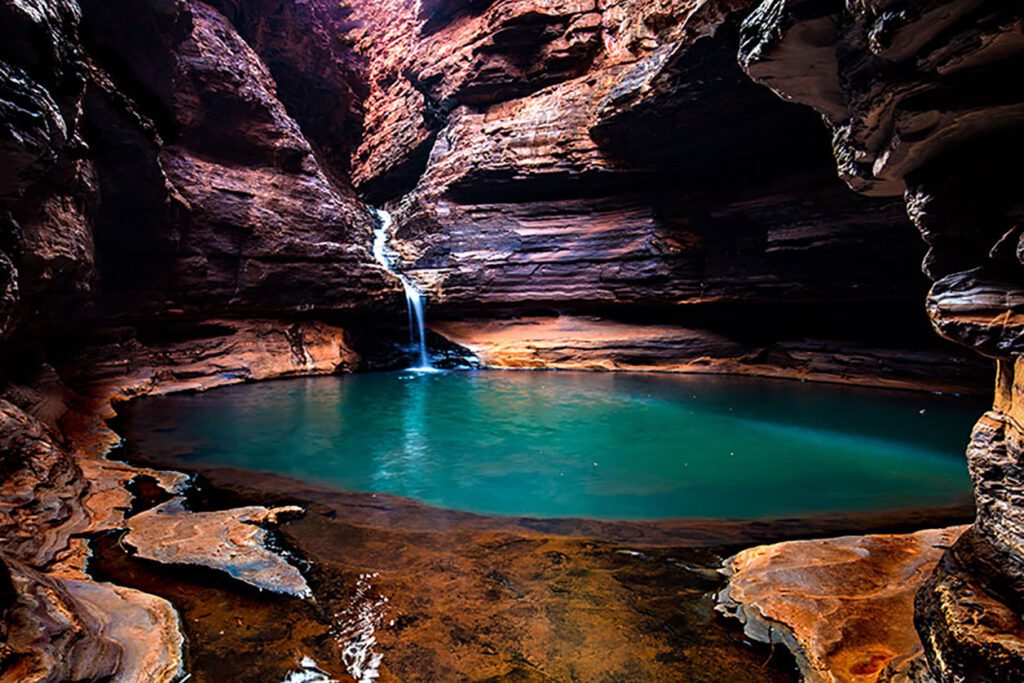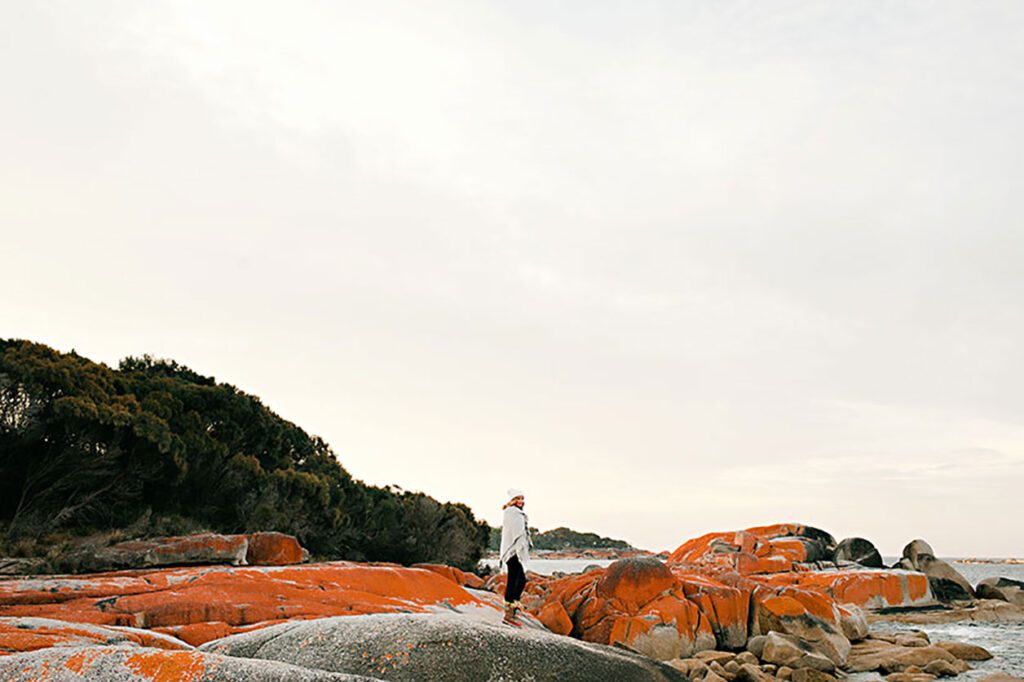Why are we talking about Sustainable Tourism Practices?
It’s almost impossible to get travel insiders to agree on anything when you get them gabbing about getaways.
Ask a group of industry people to nominate a metropolis for a city break and they will debate for days. The best beach resort to indulge in a stop-and-flop vacay and the conversation will carry into the wee-small hours. The top location to take in outback landscapes and the list will be lengthy.
But, as we tick towards 2022, travel professionals increasingly agree upon one thing and that’s the growing focus on sustainable tourism and a push to roam more responsibly.
During October’s Travel With A Purpose webinar – hosted by Tourism Tropical North Queensland to discuss what’s next with eco-tourism – Australian travel writer Lee Tulloch said that while holidaymakers were contemplating sustainable travel before the COVID-19 crisis the pause had prompted a sizable shift.
“Questions were being asked, people could see what over-tourism was doing so there was a feeling, but then came the pandemic and there was a big reset,” the professional traveller said.
“People suddenly discovered local things, and discovering local communities was all part of regenerative travel, they valued nature and getting together with family.
“But the most important thing now coming is because of COP26, for the first time I can see the mainstream media taking this very seriously and this is in the forefront of everyone’s mind now.
“I would have said, being a little cynical, that people’s intentions were good but they didn’t have a galvanising moment. But we have one now and, as travellers, we are going to be confronting this.”




Image Credit: Karijini National Park Tourism WA
WHAT ARE EXAMPLES OF SUSTAINABLE TOURISM PRACTICES?
While sustainable tourism is evolving – as travel businesses and their guests refocus on how habits impact the precious places they visit – the baseline remains strong and steady with the driving desire to minimise negative influences and maximise the positive.
The Sustainable Travel Report 2021 reveals 61 per cent of travellers aim to adopt more responsible tourism practices in the wake of the pandemic, with reducing personal energy consumption and limiting the use of fossil-fuel transport listed as top actions.
There’s also the determination to avoid destinations prone to over-tourism and ensuring profits are distributed across communities by shopping at independent stores and booking experiences owned and operated by locals.
WHAT DOES THE TALK ABOUT SUSTAINABILITY MEAN FOR THE FUTURE?
Lee Tulloch noted, during the TTNQ’s Travel With A Purpose webinar, that the race to embrace sustainable tourism practices was not a fad.
“So many (travel) companies are already doing interesting things, and are thinking and trying very hard, people are going to realise they have a choice,” she said.
“They are asking about the resorts they are going to, looking for certifications (and) thinking about what they can contribute to that community in that place. Is there is a tour I can do with a First Nation’s group of people, who will enlighten me more, and support local communities with my tourism dollars at the same time.
“If you stay somewhere that is using single-use plastic go ask questions, make your voice heard because consumers do have a strong voice in this and need to be listened to.”




Image Credit: Tourism Tasmania
WHY ARE SUSTAINABLE TOURISM PRINCIPLES FUNDAMENTAL FOR AAT KINGS?
It isn’t enough for AAT Kings to simply offer itineraries taking in the iconic locations filling our guests’ sightseeing to-do lists, we seek to guarantee our trips are curated and executed in a responsible and sustainable way.
There is no grey area for us. We have been taking travellers on tour for more than 100 years and must ensure the fragile destinations we visit will be around for centuries to come, so we work with grass-roots groups around Australia and New Zealand to develop cooperative partnerships which benefit local businesses, suppliers and communities.
We also partner with The TreadRight Foundation – a not-for-profit organisation created in 2012 by our parent company The Travel Corporation – to cement our commitment to the principles and practices of sensible travel.
WHAT ARE THE BENEFITS OF SUSTAINABLE TOURISM PRACTICES?
How We Tread Right is part of the Foundation’s five-year strategy to sustainability and it’s our mission to fill itineraries with experiences that are culturally conservative and environmentally responsible while also funding community programs that benefit people, planet and wildlife.
We are committed to ensuring 50 per cent of our trips include at least one MAKE TRAVEL MATTER® Experience by 2025 and, to do this, we back projects that support these objectives while seeking to show our guests the worth of travel moments that step lightly.
AAT Kings understand indigenous history plays a big part in what makes Australia and New Zealand unique so we combine with the land’s guardians to include thoughtful Aboriginal, Torres Strait and Maori programs in our holidays.
Encounters like discovering dot painting with traditional artists, hearing Dreamtime stories from an indigenous guide, and touring a regenerated landscape with an Aboriginal ranger not only provide rare insights but inspire conservation of culture.
HOW WILL MAKE TRAVEL MATTER® HELP COMMUNITIES AND CULTURES?
AAT Kings is incorporating indigenous MAKE TRAVEL MATTER® Experiences into our Downunder itineraries, with Western Australia an address where we are actively fostering symbiotic partnerships.
There’s the Luridgii Tours Argyle Mine Tour that’s part of Untamed Kimberley, the Yanchep National Park Cultural Experience during Wonders of Pilbara & West Coast, and Western Wonderland’s Wula Guda Nyinda Didgeridoo Dreaming.
The Koomal Dreaming Cultural Experience is a highlight of A Journey To The West – the seven-day meander along Western Australia’s serene and scenic south-west coast – with this outing the chance to learn about the land from the Wadandi people who cherish a deep connection to the Cape-to-Cape district.
Day four of this relaxed round-trip excursion from Perth, which spends two nights in beautiful Bunker Bay to explore the Margaret River region, starts with a moving welcome to country as part of the Cape Naturalist Indigenous Experience.
Then a traditional owner hosts a walking tour of the windswept coastal plateau below the lighthouse to let visitors see the spot through the eyes of the first custodians and uncover what it is that continues bonding people to this place after centuries of caretaking.
This sharing of knowledge, offered in lessons on bush tucker and land management, help the community maintain their soulful link to the landscape while strengthening the Wadandi culture through the preservation of culture.
It is this careful sharing – maximising the positive while minimising negative impacts – that defines sustainable travel practices and lies at the heart of what makes AAT Kings a leader when it comes to responsible tourism.




Image Credit: Wula Gura Nyinda Eco Cultural Adventures

